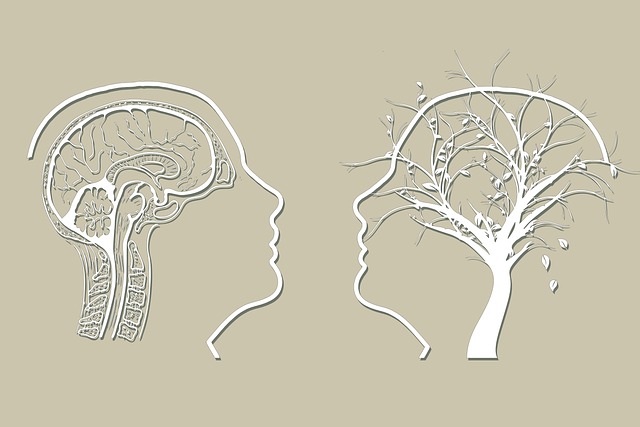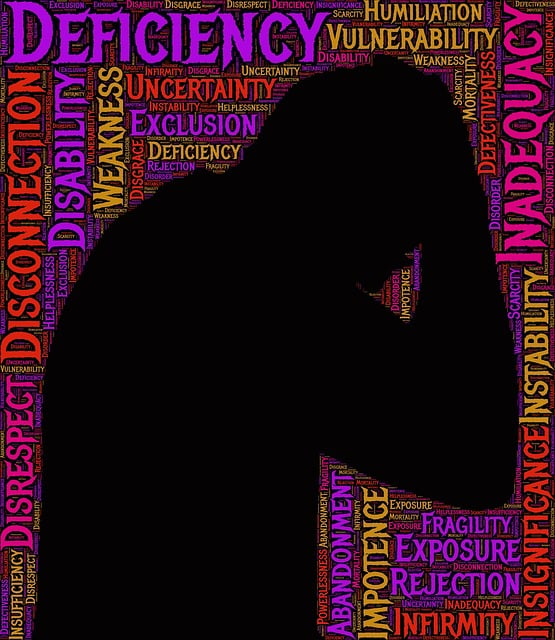Littleton Gender Identity Therapy (LGIT) offers specialized mental wellness coaching programs that cater to diverse individual journeys, focusing on gender identity and cultural sensitivity. By integrating LGIT principles, these programs enhance inclusivity, supportiveness, and effectiveness, facilitating public awareness and tailored community outreach. Coaches undergo comprehensive training in personalized plans using mindfulness meditation as a core technique, tracking client progress through qualitative and quantitative data for continuous improvement.
Mental wellness coaching programs are gaining prominence as essential tools for personal growth. In response to the growing need for customized support, this article explores the development of effective coaching models. We delve into the significance of adapting strategies like Littleton Gender Identity Therapy principles for diverse individuals. By examining program design, implementation, and measurement techniques, it provides insights into creating inclusive, successful mental wellness coaching programs.
- Understanding the Need for Customized Coaching Programs
- Designing a Program: Incorporating Littleton Gender Identity Therapy Principles
- Implementation and Training for Coaches
- Measuring Success and Continuous Improvement
Understanding the Need for Customized Coaching Programs

In today’s complex social landscape, understanding the diverse needs of individuals seeking mental wellness coaching is paramount. One critical aspect that often demands tailored approaches is the consideration of gender identity and expression. This is where specialized programs, like those offered by Littleton Gender Identity Therapy, play a pivotal role. By recognizing that mental health journeys are unique to each person’s experiences and identities, these coaches provide a safe space for exploration and support.
The development of customized coaching programs addresses various factors, including cultural sensitivity in mental healthcare practice. This involves creating environments that honor and respect the diversity of individuals, particularly those from underrepresented or marginalized communities. Moreover, such programs can incorporate elements of Mental Health Policy Analysis and Advocacy to empower clients with knowledge about their rights and available resources. Incorporating these strategies ensures that coaching is not just effective but also inclusive and accessible for all.
Designing a Program: Incorporating Littleton Gender Identity Therapy Principles

When designing a mental wellness coaching program, incorporating principles from Littleton Gender Identity Therapy (LGIT) can significantly enhance its effectiveness, especially in fostering inclusive and supportive environments. LGIT emphasizes the importance of self-expression, acceptance, and understanding, which are fundamental to addressing diverse mental health concerns. This therapeutic approach encourages individuals to explore their identities without judgment, a crucial aspect for those navigating complex emotional healing processes.
By integrating LGIT concepts, coaching programs can create safe spaces where participants feel empowered to share their experiences. This includes promoting public awareness campaigns development centered around gender identity and sexual orientation, facilitating open conversations, and implementing community outreach program implementation strategies. Such initiatives not only contribute to increased public understanding but also ensure that mental wellness support is accessible and tailored to the unique needs of every individual.
Implementation and Training for Coaches

Implementing mental wellness coaching programs requires a structured approach and comprehensive training for coaches to ensure effective support for clients’ mental health journeys. At Littleton Gender Identity Therapy, we understand that every individual’s experience is unique, so our coaching methodologies emphasize adaptability and cultural sensitivity in mental healthcare practice. Coaches are trained to create personalized plans that cater to diverse needs, promoting self-care routine development for better mental health.
The training process involves an in-depth exploration of various therapeutic techniques, with a strong focus on mindfulness meditation as a core component. By mastering these skills, coaches can guide clients towards improved emotional well-being and enhanced coping mechanisms. This tailored approach ensures that participants not only manage their current challenges but also develop long-lasting strategies for resilience and self-improvement.
Measuring Success and Continuous Improvement

Measuring success and fostering continuous improvement are vital components of any effective mental wellness coaching program, particularly those inspired by Littleton Gender Identity Therapy. To gauge progress, coaches should employ a multifaceted approach, combining qualitative and quantitative data. This may involve regular check-ins with clients to assess their well-being, satisfaction levels, and the practical application of learned skills in daily life. Quantitative measures, such as standardized assessments or surveys, can provide concrete insights into areas like anxiety relief, stress management, and overall mental health.
Additionally, reviewing session notes and client feedback offers a rich source of information on the program’s effectiveness. By analyzing these data points, coaches can identify trends, pinpoint challenges, and refine their Mental Health Education Programs Design accordingly. This iterative process encourages the integration of innovative Empathy Building Strategies, ensuring that the coaching program remains dynamic and responsive to the evolving needs of its participants.
Mental wellness coaching programs, tailored to individual needs, offer a transformative approach. By incorporating principles from the evidence-based Littleton Gender Identity Therapy, these programs can effectively support diverse populations. Through thoughtful design, comprehensive training, and ongoing evaluation, coaches create safe spaces fostering growth. This personalized approach ensures that individuals receive the necessary tools for navigating their mental health journeys, ultimately promoting improved well-being and enhanced quality of life.














